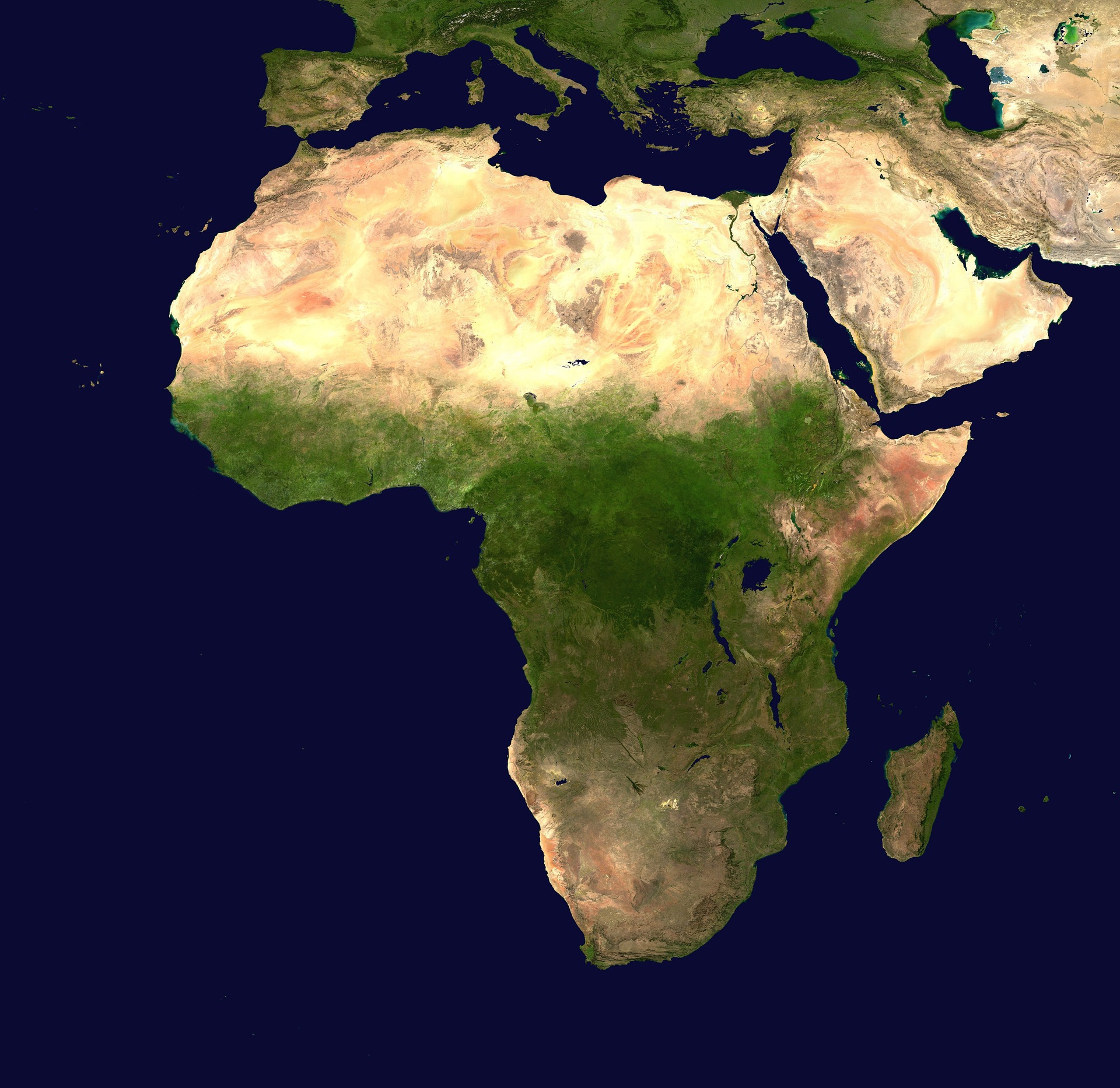Colonialism had a profound impact on African economies and societies, shaping the continent’s development trajectory and leaving a lasting legacy of underdevelopment and inequality. This article provides an in-depth examination of the effects of colonialism on African economies and societies, highlighting the ways in which colonial powers exploited Africa’s resources, disrupted traditional economies, and imposed foreign systems of governance.
The Scramble for Africa: Colonialism and Economic Exploitation
The Scramble for Africa, which began in the late 19th century, saw European powers partition the continent, establishing colonies and imposing their own systems of governance. The primary motivation for colonialism was economic, with European powers seeking to exploit Africa’s natural resources, including gold, diamonds, cotton, and rubber [1].
Colonial powers used various mechanisms to extract Africa’s resources, including forced labor, land expropriation, and the imposition of taxes. These policies disrupted traditional economies, leading to widespread poverty, inequality, and underdevelopment. In many cases, African economies were reoriented to serve the interests of colonial powers, rather than the needs of local populations.
Disruption of Traditional Economies: The Impact of Colonialism on African Societies
Colonialism had a profound impact on African societies, disrupting traditional economies and ways of life. The imposition of foreign systems of governance, including the creation of artificial borders, disrupted traditional trade networks and led to the erosion of cultural identities [2].
In many cases, colonial powers imposed their own languages, religions, and customs on African societies, leading to cultural suppression and the loss of traditional practices. The transatlantic slave trade, which was facilitated by colonial powers, had a devastating impact on African societies, leading to the loss of millions of people and the disruption of traditional social structures.
Legacy of Colonialism: Underdevelopment and Inequality
The legacy of colonialism continues to shape African economies and societies today. Many African countries remain underdeveloped, with high levels of poverty, inequality, and unemployment. The exploitation of Africa’s resources, which began during the colonial era, continues to this day, with multinational corporations extracting resources without providing adequate compensation or benefits to local communities.
In addition, the artificial borders created during the colonial era continue to pose challenges for African countries, leading to conflicts over resources, territory, and identity. The cultural suppression and loss of traditional practices, which occurred during the colonial era, continue to have an impact on African societies, leading to a loss of cultural heritage and identity.
Conclusion: The Need for Decolonization and Economic Transformation
In conclusion, the impact of colonialism on African economies and societies has been profound, leading to underdevelopment, inequality, and cultural suppression. To address these challenges, African countries must prioritize decolonization and economic transformation.
This requires a fundamental shift in the way African economies are structured, with a focus on sustainable development, economic diversification, and social justice. It also requires a revaluation of African cultures and traditions, with a focus on preserving cultural heritage and promoting cultural diversity.
Ultimately, the legacy of colonialism can only be addressed through a concerted effort to promote economic development, social justice, and cultural revitalization. By working together, African countries can build a brighter future, one that is rooted in the continent’s rich cultural heritage and its boundless economic potential.
References:
[1] Rodney, W. (1972). How Europe Underdeveloped Africa. London: Bogle-L’Ouverture Publications.
[2] Mamdani, M. (1996). Citizen and Subject: Contemporary Africa and the Legacy of Late Colonialism. Princeton: Princeton University Press.
[3] Ake, C. (1981). A Political Economy of Africa. Lagos: Longman Nigeria.
[4] Arrighi, G. (2002). The African Crisis: World Systemic and Regional Aspects. New York: Monthly Review Press.
[5] Mkandawire, T. (2001). Thinking About Developmental States in Africa. Cambridge: Cambridge University Press.




Leave a Reply